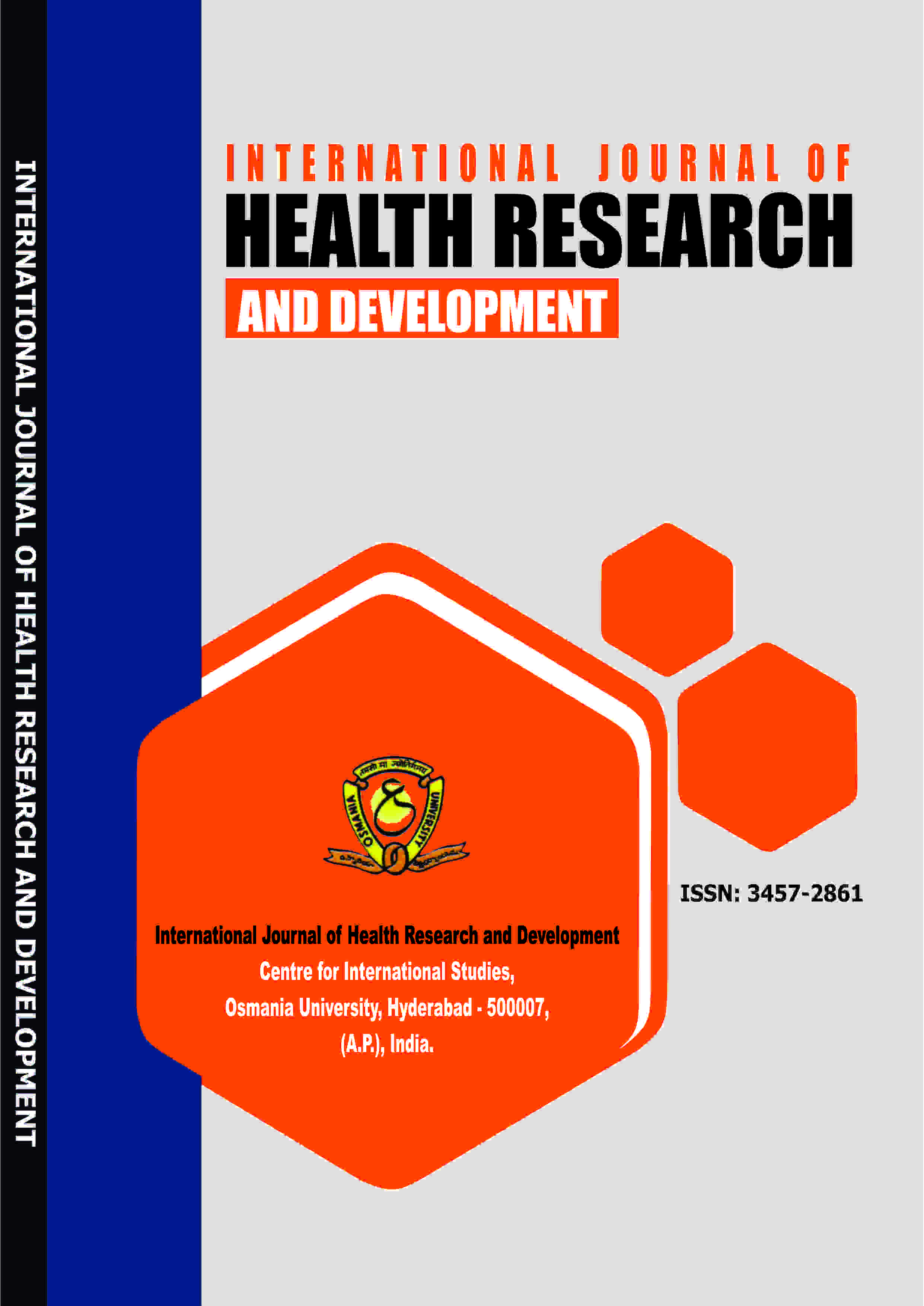INTERNATIONAL JOURNAL OF HEALTH RESEARCH AND DEVELOPMENT (IJHRD)
MALARIA VACCINE: A TOOL FOR TOTAL ERADICATION OF MALARIA IN NIGERIA
E-ISSN: 2601-6400
P-ISSN: 2601-6397
DOI: https://iigdpublishers.com/article/685
Fever, vomiting and a decrease in hunger are typical symptoms of malaria which may impact anyone, regardless of their background and age. In Nigeria, malaria is mainly caused by Plasmodium falciparum, a kind of parasite that infects people after female Anopheles mosquitoes have bitten them. There are many cases of malaria in Nigeria, continually leading to high numbers of sick people who report to hospitals. The variety in Nigeria is estimated at 100 million and over 300,000 deaths occur each year, contributing about 30% of the total malaria disease in Africa. It is estimated that malaria costs around $1.1bn each year through expenses for treatment, prevention and lost work time. Various prevention measures have been used, one of which is freely handing out insecticide treated nets. Because vaccination is an effective way to control infectious diseases such as malaria, many see this pilot vaccination in Bayelsa and Kebbi States as a positive step for the country’s health system in Nigeria. In Kebbi State, more than 49% of progenies below five suffer from malaria and the area also reports the highest number of malaria demises. Yet, providing vaccinations can be tough in difficult communities, either because of geography or cultural barriers and we must all continue to be committed to this cause. This paper discusses the opportunities and potential of the Malaria vaccine in addressing malaria infection in Nigeria and how it could be run nationwide. Progenies in Nigeria are advised to get vaccinated against malaria using RTS/SAS01or RS21/Matrix-M.
Otali Cyril Chinedu
Abubakar, D. B. (2025). Malaria in Kebbi state: A study of a demonstrable presence of malaria parasite among the residents of some communities around selected health facilities in kebbi state. The American Journal of Medical Sciences and Pharmaceutical Research, 7(02), 30– 36.
Adepoju, P (2019). RTS,S malaria vaccine pilots in three African countries. Lancet. 2019 Apr 27;393(10182):1685. doi: 10.1016/S0140-6736(19)30937-7
Amanna, Ian J. and Slifka, Mark, K. (2018). "Successful Vaccines". In Lars Hangartner; Dennis R. Burton (eds.). Vaccination Strategies Against Highly Variable Pathogens. Current Topics in Microbiology and Immunology, vol. 428. Vol. 428. Springer. pp. 1–30.
Arama C, and Troye-Blomberg M. (2014). The path of malaria vaccine development: issues and perspectives. J Intern Med. 2014 May;275(5):456-66. doi: 10.1111/joim.12223.
Asante KP, Adjei G, Enuameh Y, Owusu-Agyei S. (2016). RTS,S malaria vaccine development: progress and considerations for postapproval introduction. Vaccine: Development and Therapy. 2016;6:25-32. https://doi.org/10.2147/VDT.S53028.
